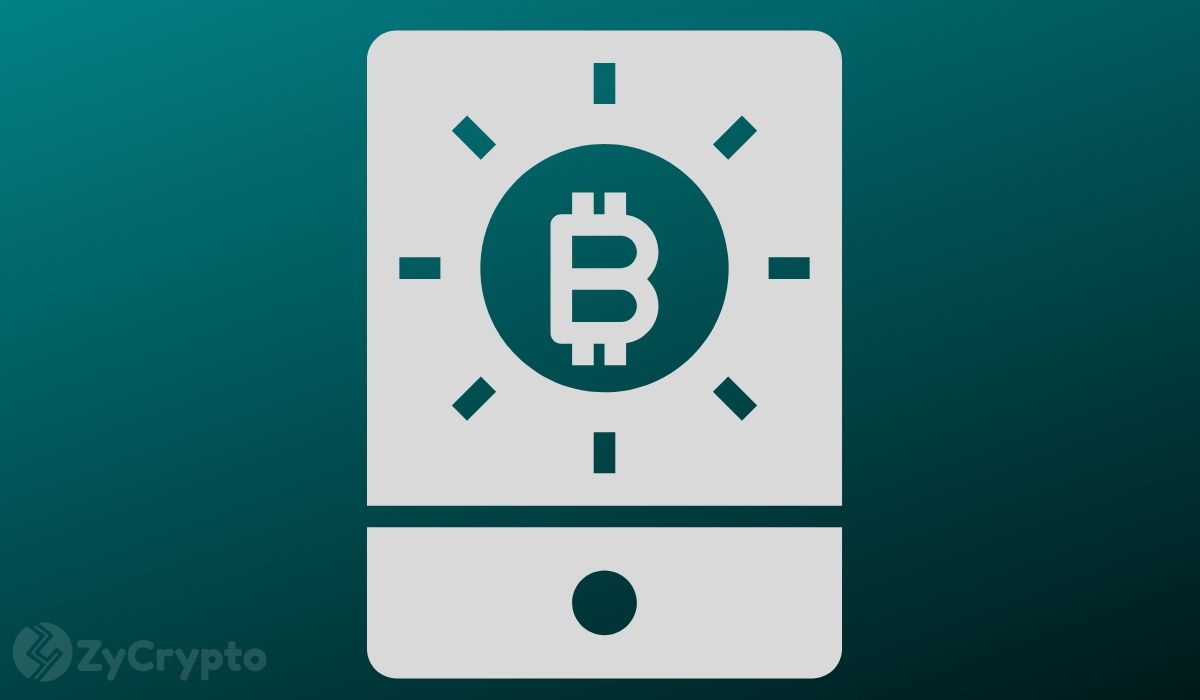
 
 
Robert Kiyosaki, best-selling author of Rich Dad Poor Dad, has welcomed a new executive order from President Donald Trump that could reshape retirement investing.
In a post on X, Kiyosaki said the move makes his favored assets (gold, silver, and Bitcoin) “more valuable” by opening up access to alternative investments for millions of Americans.
Signed on August 7, 2025, the order titled “DEMOCRATIZING ACCESS TO ALTERNATIVE ASSETS FOR 401(K) INVESTORS” directs the Department of Labor to revise existing rules and reduce litigation risks that have long restricted fiduciaries from adding alternative assets to retirement plans. This includes real estate, private equity, commodities, digital assets, and precious metals.
Kiyosaki, who has consistently urged investors to seek value outside traditional markets, praised the move as a sign that investors are finally being treated like “adults.” He argued that while mutual funds and ETFs remain an option, the order allows “smarter, more sophisticated investors” to diversify with assets that were previously out of reach.
Broader access to crypto and alternatives
The executive order highlights how U.S. retirement savers have historically been limited compared to institutional and public pension funds, which already enjoy significant exposure to private markets and alternative investments.
 
By easing restrictions, the White House says it aims to improve long-term risk-adjusted returns and help Americans secure “a dignified, comfortable retirement.”
For Kiyosaki, the impact is clear. He believes the policy change directly benefits those holding Bitcoin and other alternative assets, given their new legitimacy within retirement accounts. However, he also cautioned that this freedom comes with responsibility, urging everyday investors to “study” and “do their homework” before venturing into complex markets.
The Department of Labor had 180 days from the date of the Executive Order to reexamine past guidance under the Employee Retirement Income Security Act (ERISA) and clarify fiduciary responsibilities in offering funds with exposure to alternatives.
Meanwhile, the Securities and Exchange Commission is also expected to review related rules around investor accreditation to facilitate broader access.